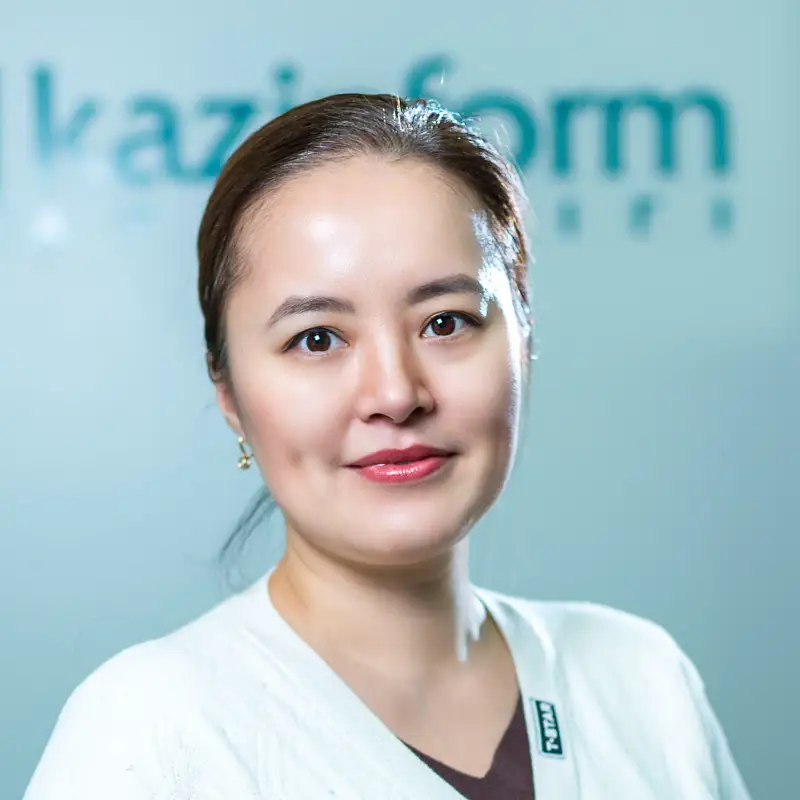State Counselor Karin highlights President Tokayev’s new initiatives at UNESCO General Conference in Samarkand
State Counselor – Chairman of the National Commission for UNESCO and ISESCO, Erlan Karin, addressed the 43rd session of the General Conference of the United Nations Educational, Scientific and Cultural Organization (UNESCO), ongoing in Samarkand, Uzbekistan, Kazinform News Agency reports citing the press service of Akorda.

In his remarks, Karin recalled that during the 80th session of the UN General Assembly in New York, President of Kazakhstan Kassym-Jomart Tokayev called for the formation of a new global consensus based on trust, openness, responsibility, and fairness. In this regard, he noted the growing role of UNESCO and called for strengthening cooperation with the Islamic World Educational, Scientific and Cultural Organization (ISESCO).
“Both UNESCO and ISESCO share common goals. The strengthening of cooperation between them will let increase their positive impact and build a true partnership among the cultures. We are convinced that only through joint efforts, we will be able to preserve the entire wealth and diversity of our common cultural heritage. Together, we will be able to build fairer, wiser and kinder world,” Karin said.

The central theme of his speech focused on new steps aimed at further modernization of Kazakhstan, outlined by the Head of State in the 2025 Address to the Nation. First of all, it is large-scale digitalization and widespread integration of artificial intelligence into various sectors of the economy.
“In fact, Kazakhstan is one of the first countries taking such comprehensive and systemic solutions aimed at forced implementation of digitalization tools and artificial intelligence. The President of Kazakhstan defines digital transformation and new technologies implementation as a new national idea,” said Karin.
The State Counselor welcomed UNESCO’s leading role in shaping the ethics of artificial intelligence and informed about a study being conducted in Kazakhstan on AI ethics and development, based on UNESCO’s RAM methodology.
Karin also told attendees about the goals and nature of the political modernization process announced in the Address, aimed at transitioning to a unicameral Parliament and its formation based on a proportional representation system.
“The goal of parliamentary reform in Kazakhstan is to strengthen the institutional framework of the political system. As a result, the role and involvement of parties into the public and political processes will strengthen. In general, the parliamentary reform is another stage of the political transformation in Kazakhstan,” he highlighted.
Delegations of 193 countries – members of the Organization, including the heads of government, ministers, scholars and workers of culture, diplomats and experts are participating in the General Conference.
Earlier, it was reported that on the occasion of the 43rd session of the UNESCO General Conference in Samarkand, a UNESCO Park will be created on 5 hectares in the city.
